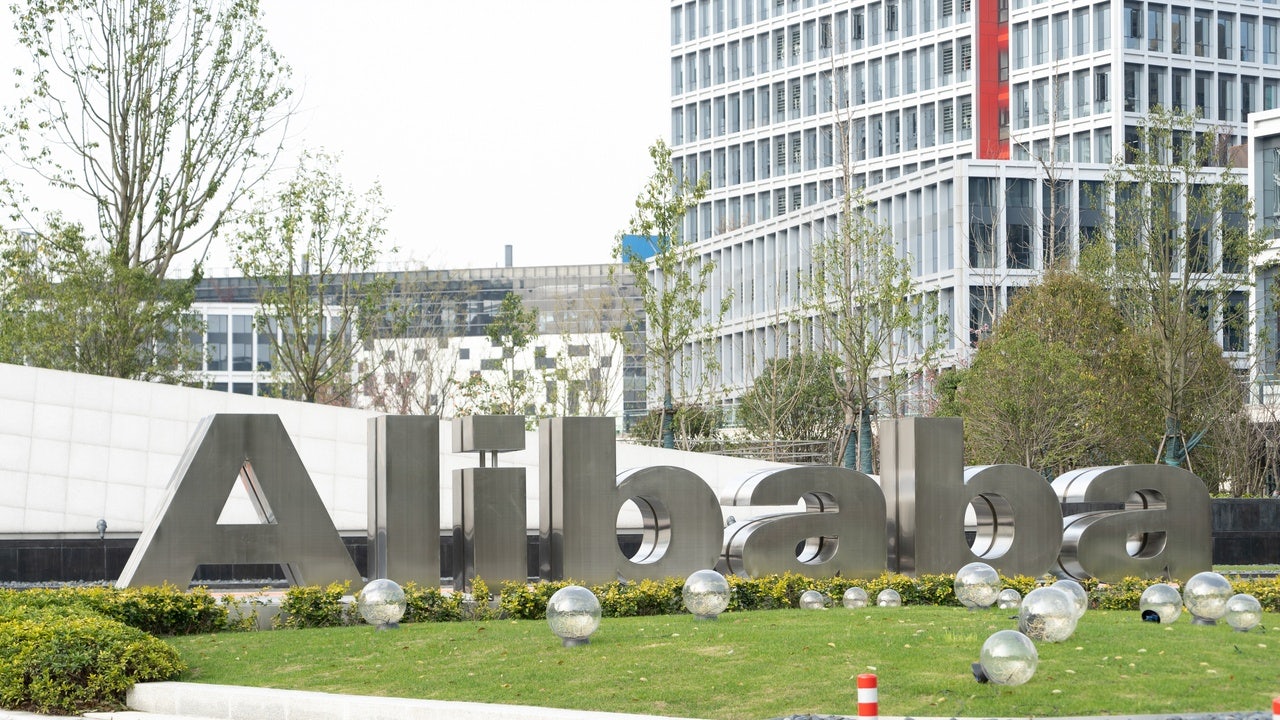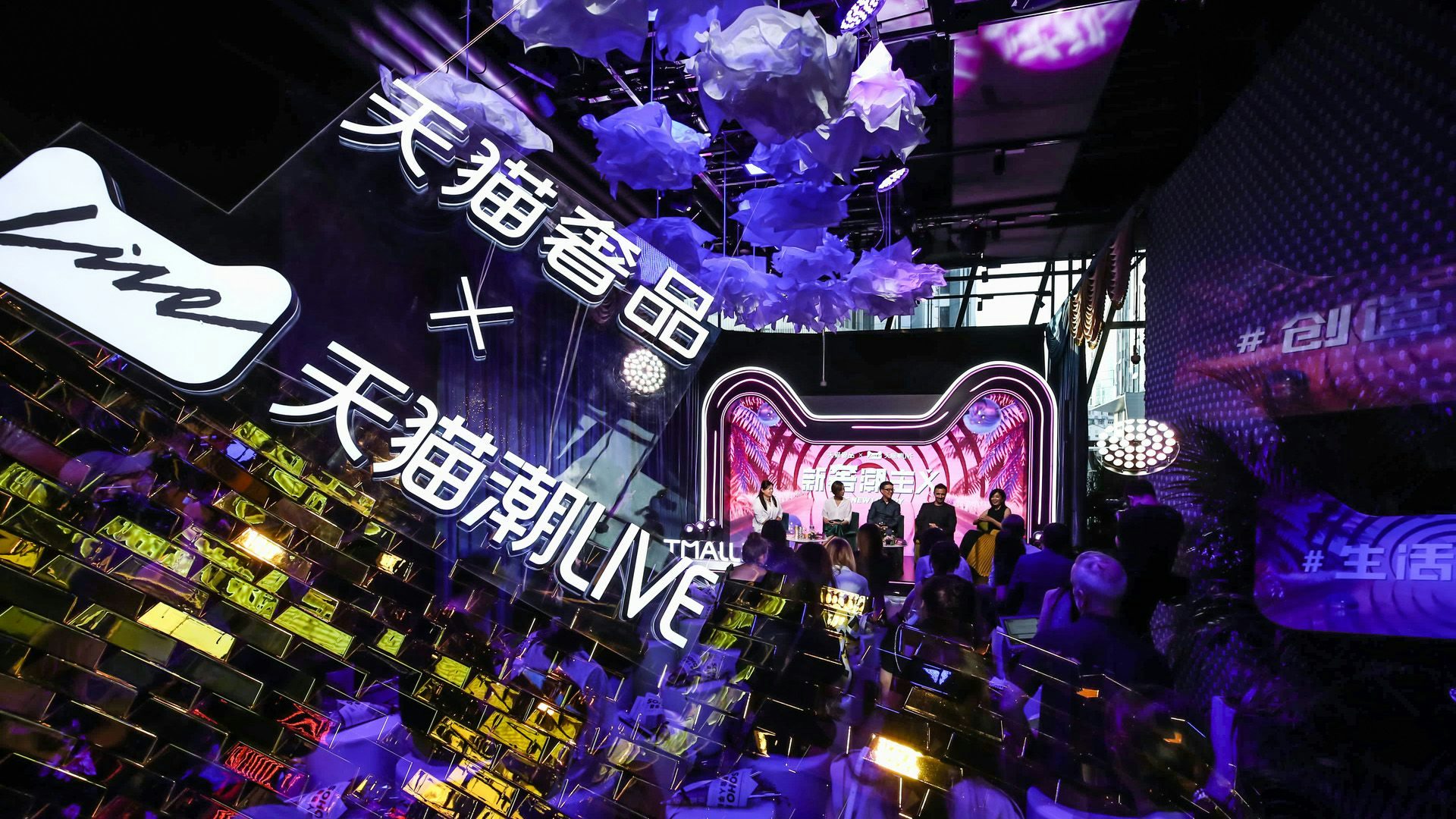What happened
Donations are flooding in from China’s big tech companies as the country’s Henan province goes under water. As of July 22, Alibaba, ByteDance, Didi, Meituan, Pinduoduo, Tencent and others have provided more than 154.5 million (RMB 1 billion) to tackle torrential rains in the area, which have killed at least 33 people, displaced four million, and caused over 190 million in damages. Alibaba and Ant Group have given the most aid, contributing 38.6 million, while the other five listed have donated 15 million each.
The Jing Take
When disaster strikes, it is not uncommon to see China’s business giants coming to the rescue. At the peak of the country’s COVID-19 outbreak last year, for example, the tech industry rallied together to offer over 528 million in relief, while the financial sector followed with 298 million. Not only do these CSR efforts demonstrate a company’s commitment to the local community, but they also shore up its corporate reputation. Particularly in the case of tech firms — which have faced an ongoing crackdown for their anti-competitive practices, inappropriate content, and grueling “996” work schedules — these donations help frame their corporate culture in a more positive light.
More interestingly, Chinese companies aren’t the only ones using this opportunity to turn their public image around. Burberry has also jumped in with a 231,000 (RMB 1.5 million) donation, along with providing walkie-talkies, bottled water, and food to support rescue operations and reconstruction. The announcement, posted on July 21, was the first Weibo update from the British house since coming under fire for its stance against Xinjiang cotton in March. And so far, the comments have been overwhelmingly positive, with netizens commending the brand for taking action and pledging to buy its products. Meanwhile, Kering and Tapestry have offered 772,000 and 154,000, respectively, to aid the rain-battered province.
With their speedy responses and sizable donations, China’s big tech and Burberry demonstrate one way to bounce back from backlash. This is an important lesson for brands to note, particularly as cancel culture intensifies and global consumers increasingly demand that businesses represent their values. Moreover, as domestic and global players alike depend on China to survive crises like the pandemic, they cannot afford to then twiddle their thumbs when its consumers are in their time of need.
The Jing Take reports on a piece of the leading news and presents our editorial team’s analysis of the key implications for the luxury industry. In the recurring column, we analyze everything from product drops and mergers to heated debate sprouting on Chinese social media.


